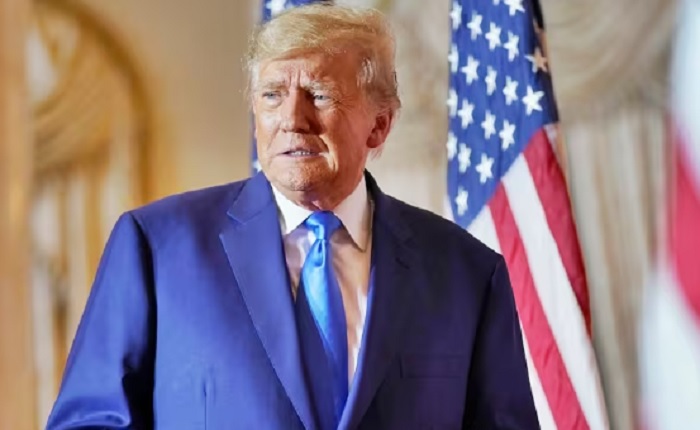After the Civil War, the Constitution was changed to bar political leaders who had broken their oath of office and “engaged in insurrection or rebellion” against the United States from holding office.
After Congress passed amnesty laws for former Confederates in 1872 and 1898, many historians thought that clause—Section 3 of the 14th Amendment—became a mere formality. In it, it was stated that the “disability imposed” by Section 3 “is hereby removed.”
However, several legal academics who have done extensive research on that time period claim such position is incorrect.
According to respected conservative law academics William Baude of the University of Chicago and Michael Stokes Paulsen of the University of St. Thomas, “Despite its long slumber, Section 3… is alive and in force,” and it could significantly affect the election in 2016.
They reemphasized the Constitution’s response to the country’s biggest uprising in a 126-page law review published last month, greatly increasing the likelihood that the Supreme Court will hear an argument that former President Trump, the front-runner for the Republican nomination in 2024, is ineligible to serve.
Originalists Baude and Paulsen hold that the Constitution’s language should be construed in accordance with how it was perceived at the time it was adopted. According to them, the term “insurrection” used to generically refer to the coordinated application of pressure or force to hinder or overthrow the authority of the government.
“It sweeps in a broad range of conduct attacking the authority of the United States,” they claimed.
They contend that neither Congress nor the Justice Department are necessary for the disqualification clause’s enforcement. Instead, they assert that hundreds of state, county, or federal officials have the authority to decide whether a candidate is qualified to run for office and whether or not their name should be placed on the ballot.
“Taking Section 3 seriously means that its constitutional disqualifications from holding future state and federal office extend to participants in the attempted overturning of the presidential election of 2020, including former President Donald Trump and others,” they claim. Their case might even include denouncing senators who supported the Jan. 6 insurrectionists.
The number of state attorneys and election officials makes it likely that a challenge to Trump’s eligibility will be made in the coming year. And if that were the case, it wouldn’t take long for an appeal of such a claim to be filed, first with a federal court and then shortly after with the Supreme Court.
If they can avoid it, the justices are unlikely to decide on such a claim. However, if a federal judge or a state supreme court were to rule that Trump was unqualified to hold office in the future and cannot be listed on the ballot, they might not have much of a choice.
Adam Unikowsky, a lawyer in Washington and a former assistant to Justice Antonin Scalia on the Supreme Court, gave a thorough analysis on how such a claim may fare in the legal system last week. Judges, he claimed, would struggle to justify Trump’s acts as not being an insurrection if asked to do so.
“Will Trump actually be barred by the Supreme Court? It’s likely not, in my judgment, but there’s a not insignificant risk that it might,” he added. According to me, there is a 10% probability that the Supreme Court will rule that Trump is disqualified under the Constitution before the 2024 election, assuming he continues to run for president.
Trump’s impeachment by the House was led by Rep. Adam B. Schiff (D-Burbank), who concurred that the former president had to be barred from office by the law.
He claimed that the supreme court will determine the result.
“I believe that this will be put to the test when [a state secretary of state] either refuses to place him on the ballot or does so and is challenged by a litigant. The big question in all of this, which I assume will be answered by the Supreme Court, is “What will the Supreme Court do?”
Other legal professionals cast doubt on the idea that courts could deny millions of voters the opportunity to select the candidate of their choice.
Michael McConnell, a conservative professor of law at Stanford University, is close friends with Baude and Paulsen but has stated that he strongly disagrees with them on this matter.



